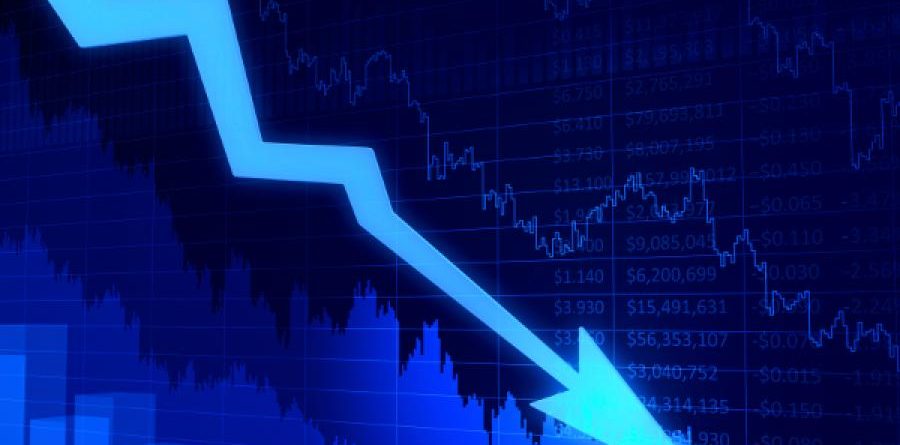Large European companies fall short on ESG disclosure – report
Many of Europe’s largest public companies are not adequately disclosing their environmental and climate-related risks, according to a report being released Tuesday by the Climate Disclosure Standards Board.
The CDSB looked at Europe’s 50 largest companies, with a combined market cap of $4.3 trillion, and found that in 2019, despite European Union reporting guidelines, 78% of them did not adequately report climate and environmental risks, and 42% omitted potentially material environmental or climate-related information for their sector. Also, 1 in 5 companies disclosed no operational, strategic or financial impacts related to environmental and climate-related principal risks, the report found.
The review was based on company environmental and climate-related reporting in line with the EU’s Non-Financial Reporting Directive and progress in implementing the recommendations of the Task Force on Climate-related Financial Disclosures.
CDSB officials warned that the disclosure issues could compromise the objectives of the European Green Deal and the 2050 climate neutrality target, and leave investors without a clear enough picture.
While the findings show some improvement since 2018, “current reporting practices often still fail to provide investors with a clear understanding of a company’s development, performance, position and impact despite the current requirements laid out by the directive,” the CDSB said.
“This report was designed to provide a snapshot of how companies are reporting to provide an evidence base for the revision of the EU Non-Financial Reporting Directive,” said Mardi McBrien, CDSB managing director, in a statement. “However, what we now have on our hands is a stark warning that many companies are not only falling short of considering the strategic and financial impacts of environmental and climate-related matters on their business, but that investors are not receiving substantially comparable and reliable information to guide their decision-making and capital allocations.”
Read more @Pionline











